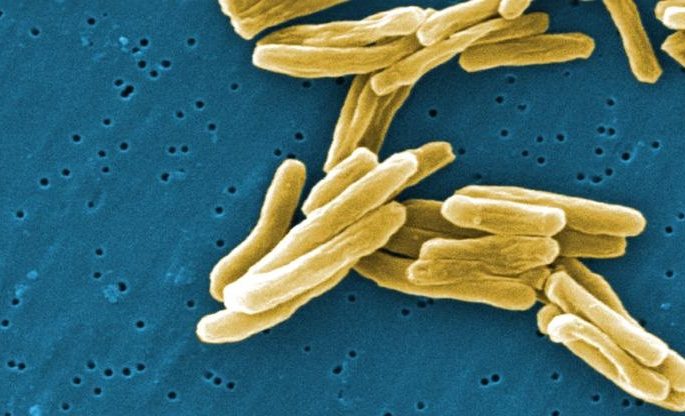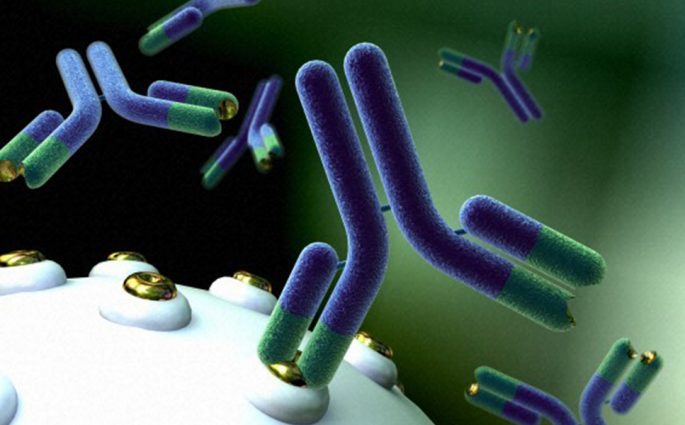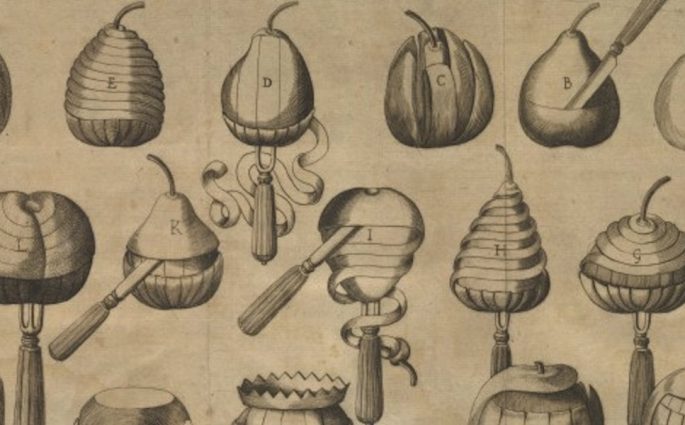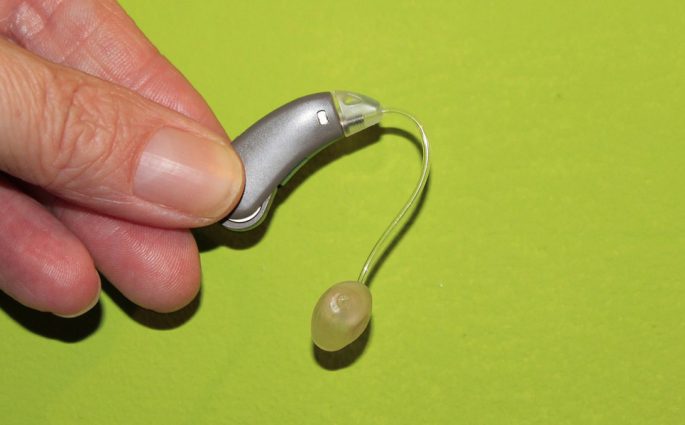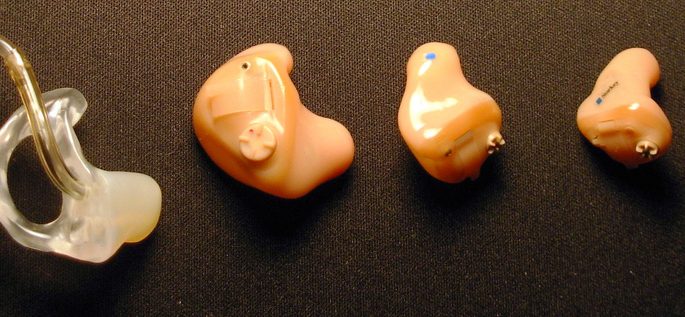A Beginner’s Guide to Science Blogs
Christie Wilcox— I love writing a science blog. I write a lot of things—I’ve written peer-reviewed journal articles and a dissertation; I’ve written for major newspapers, science magazines, and chic, quirky outlets; I’ve even written a popular science book about venoms. But of all the writing I do, I have






